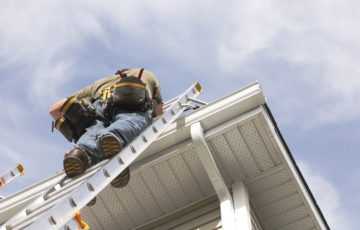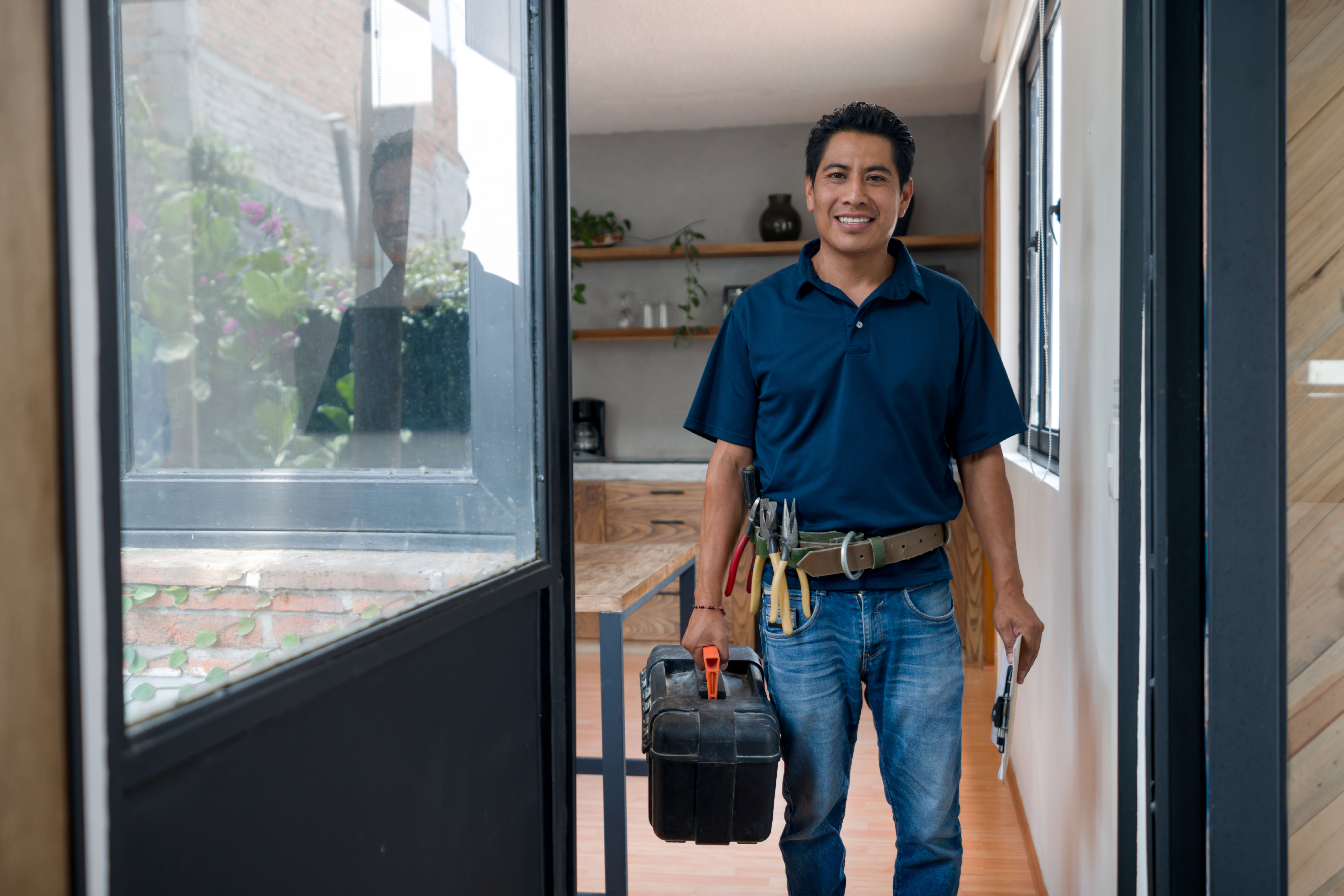There are many reasons to open your own cleaning business, from the flexible working hours to the limited experience required and low start-up costs.
While the benefits seem wonderful, it is important to plan carefully and understand your local market before breaking into it.
It can be challenging to know where to begin when there are so many things to think about.
Don’t worry.
We have the right guide for you if you are considering starting your own cleaning business. Here are some key points to remember when turning your cleaning business dreams into reality.
- Ensure you meet licensing requirements
Before starting any new project, it’s important to ensure you meet any specific requirements needed to trade.
Fortunately, there are no nationally recognised certificates or licenses needed to start a cleaning business in Australia legally.
However, it is certainly recommended to get a Certificate III in Cleaning Operations to understand the best practice methods within the industry.
NSW is the only state that requires any license, as minor maintenance and cleaning in residential buildings is considered Trade Work.
You will need this Contractor License for this type of cleaning if the labour and materials are valued at more than $5,000 including GST.
2. Determine your cleaning business niche
It is essential to find your niche before you begin your cleaning business. There are many different types of cleaning, from residential to commercial and even crime scene and trauma scene cleaning. It is important that you pick something you are passionate about.
If you are unsure about what area to specialise in, you might find it useful to research the different types of painting companies in your local area.
This will allow you to narrow down your options and provide an overview of what is available.
Talking to industry professionals can also help you get a better understanding of the business. Try and choose a niche that has the potential for growth.
But remember, no matter what cleaning niche you pick, the cleaning industry is recession-proof, as everything will always need to be cleaned, so it will likely be a sustainable option.
3. Make a business plan
No matter what type of business you are opening, having a solid Business Plan will likely be integral to your success.
This document will describe your business goals and how you plan to achieve them. From sorting out your finances to developing a marketing plan, your business plan will be your roadmap to being profitable and sustainable.
If you aren’t sure where to start, there are many resources that will help you create a business strategy. To help you navigate the process, you can access the guide provided by the Australian government.
4. Register your company
Registering your company with the Australian Securities and Investments Commission is the first step to start your cleaning business. This will give you an Australian Business Number, which you can use to open bank accounts and apply for licenses and permits.
The ASIC website allows you to register online.
Registering for GST (Goods and Services Tax) and registering your business name are also important steps to think about. It’s important to consider a financial advisor to help with this process, as they are qualified to guide you through these steps.
5. Get your equipment
The next step is to sort out your equipment. The type of cleaning business that you are launching will determine the equipment required.
It’s possible to start a residential cleaning business with only a few supplies.
Although a vacuum cleaner of good quality will likely be the most expensive item, it doesn’t have to be costly.
Other items include a mop, bucket, rags and cloths, a toilet brush, dusters and dusters, and paper towels.
An all-purpose spray and furniture polish are also necessary. Try using environmentally friendly, high-quality cleaning products instead of the generic stuff you can find in supermarkets.
Do not be tempted by low-quality products or tools to save money. You’ll spend more time on each job and could end up causing damage to your client’s home or office furniture and carpets.
6. Marketing your cleaning business
Just as there are many methods to clean a carpet, there are many ways to market a cleaning business. Your marketing plan starts with establishing the basics. Make sure to spend some money and time on a logo and uniform that will help potential customers recognise your cleaning business.
Online marketing is a great way to promote your cleaning business. You can generate leads by creating a website, starting a blog online, and using social media to reach markets you cannot reach with traditional advertising.
If you have the budget, physical marketing materials like flyers and business cards still work.
7. Get cleaners insurance
Insurance for cleaners is an important risk mitigation strategy for new business owners to consider.
There are many risks that cleaners experience in their day-to-day operations.
Rather than sweeping them under the carpet to worry about when they happen, cleaner insurance provides businesses peace of mind in knowing that they are financially protected if things go wrong.
Whether you are working in someone’s home or an office, there are plenty of situations that could result in a customer suffering personal injury or property damage.
All it takes is a mop swung clumsily against an antique vase or for someone to slip over, and you could be left liable to pay for the damages.
Thankfully, Public Liability insurance is there to provide protection for you and your business in the event a customer, supplier or a member of the public is injured or sustains property damage as a result of your negligent business activities.
Do you also rely on your cleaning equipment to get the job done? What would you do if it was lost or stolen? This is where General Property (portable equipment) cover can come in handy as it can help insure specific items such as commercial cleaning tools.
Being a cleaner requires a lot of moving around, and you need to be physically fit to do the job effectively. How would you pay your bills if you were suddenly injured or had an illness forcing you out of work?
This is where Personal Accident and Illness insurance can help as it covers you for loss of income if you were unable to work as a result of an injury or illness. The cover is generally available regardless of whether or not you sustain an injury or develop an illness due to your work.
The bottom line
Although starting a small business in the cleaning industry can be a great career move, the experience will differ from one cleaner to another. There will be challenges unique to each cleaning business. It is important to keep learning and finding new ways to solve them to ensure your business thrives.
This guide will help you succeed so you can build your career in the cleaning business.
This information is general only and does not take into account your objectives, financial situation or needs. It should not be relied upon as advice. As with any insurance, cover will be subject to the terms, conditions and exclusions contained in the policy wording. © 2022 BizCover Pty Limited, Public Liability Australia is a business name of BizCover Pty Ltd (ABN 68 127 707 975; AFSL 501769)



